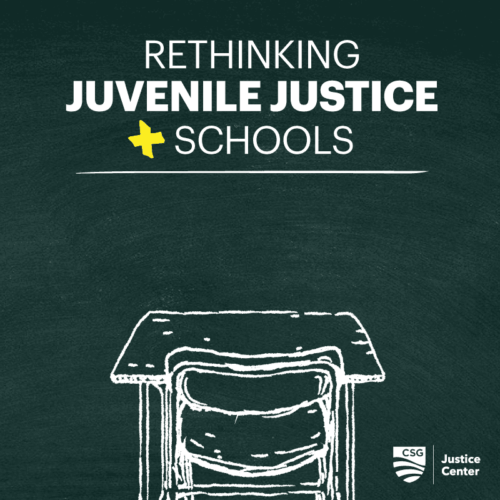
Rethinking Juvenile Justice and Schools
How Probation Can Do More Harm than Good When It Comes to Keeping Youth in School and on Track
Part 2 of 2
Policy Recommendations
Jurisdictions should examine the current roles and responsibilities of their juvenile probation and education systems to identify opportunities to adopt more research-based, developmentally appropriate approaches for improving school attendance and performance for youth under system supervision.
Here are five concrete policy, practice, and funding strategies for court and probation agencies to consider.
1. Revamp Supervision Conditions
Eliminate or revamp standardized, education-related conditions of supervision so such conditions are generally imposed only if and when school issues are a direct cause of individual youth’s delinquent behavior.
2. Tailor Interventions
Reduce or eliminate the time that probation officers spend tracking down school records and making school visits for all youth on their caseloads unless school attendance is directly related to the actual causes of individual youth’s delinquent behavior. In such cases, probation officers should partner with schools, youth, families, and community-based organizations to identify and connect youth with programs and services that address the individualized reasons underlying their school attendance and performance challenges.
3. Adjust Operations
Maintain operations during nontraditional hours to ensure that youth don’t have to miss school (and families don’t have to miss work) for court hearings and probation appointments.
4. Eliminate School Contacts
Eliminate probation contacts while youth are at school to avoid youth feeling stigmatized. If such appointments are absolutely necessary, officers should partner with schools to make every effort to keep such meetings confidential.
5. Use Incentives
Employ a formal system of incentives and graduated responses focused on concrete educational goals as the most effective way to promote school progress and hold youth accountable rather than sanctions, such as detention, that have proven costly and ineffective.
 Zero Returns to Homelessness Initiative Launches Nationally, with Pennsylvania Leading the Way
Read More
Zero Returns to Homelessness Initiative Launches Nationally, with Pennsylvania Leading the Way
Read More
 New Hampshire Continues Justice Reinvestment Effort to Improve Conditions for People Who Are High Utilizers of Criminal Justice and Behavioral Health Systems
Read More
New Hampshire Continues Justice Reinvestment Effort to Improve Conditions for People Who Are High Utilizers of Criminal Justice and Behavioral Health Systems
Read More
















